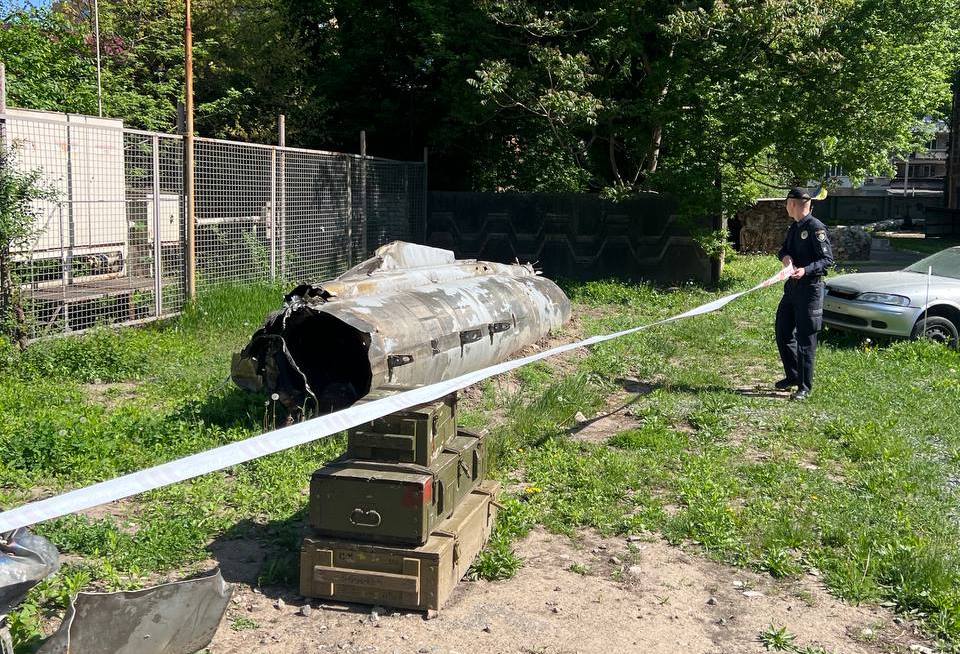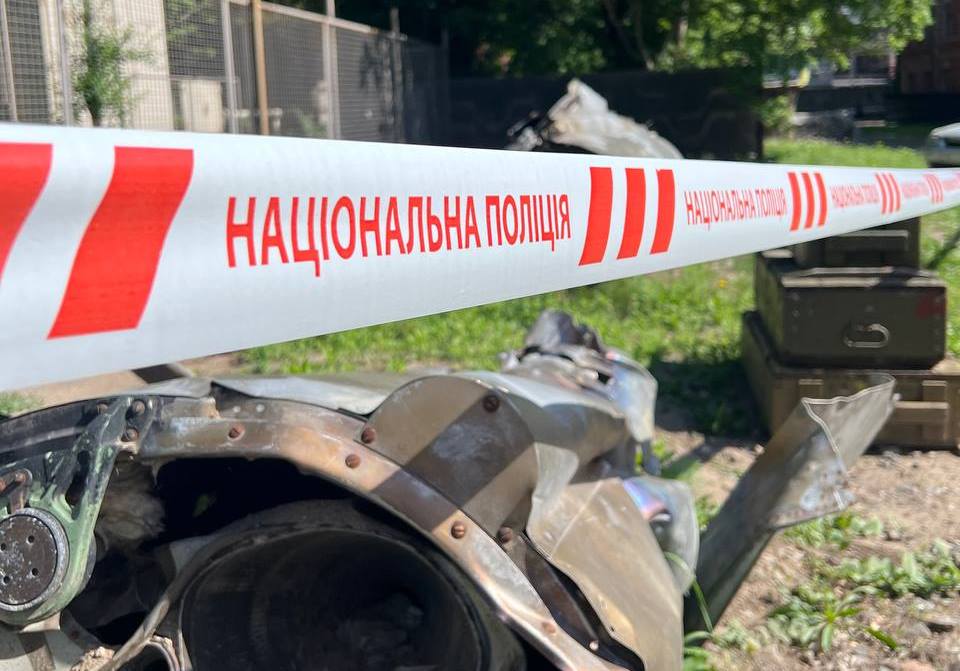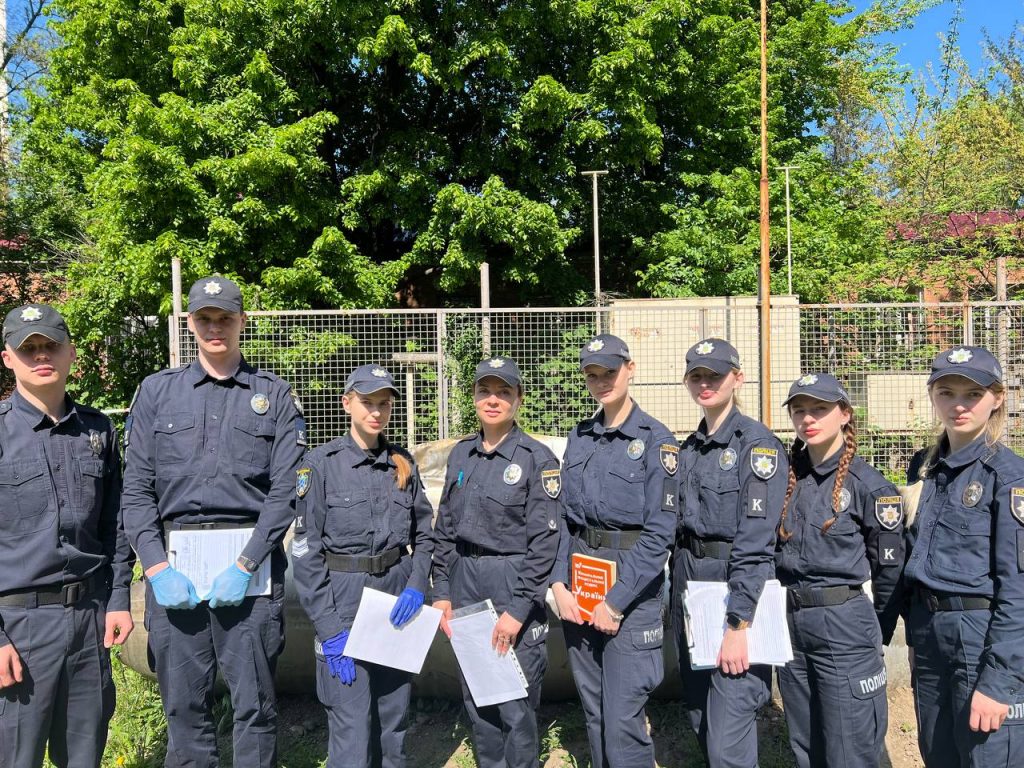Cadets of the Department of Law and Training of Specialists for Units of the National Police (DSUIA) attended an optional class at the training ground “Investigation of War Crimes” as part of the Criminal Procedure discipline on the topic: “Features of Crime Scene Examination in Conditions of Martial Law.”

The optional class was conducted by Associate Professor of the Department of Criminal Procedure and Strategic Investigations, Candidate of Law Sciences, Associate Professor Alina HARKUSHA. Trainees practiced skills during the examination of the scene of a missile attack and studied the specifics of documenting war crimes.

During the session, cadets worked through two scenarios: examination of the scene of a missile attack and examination of the scene of mass burial. Future law enforcement officers, as part of the investigative-operational group, learned about the specifics of responding to war crimes, assumed the roles of individual group participants in the examination process, including investigator, operational officer, criminalist inspector, and explosives specialist. Based on the scenarios, cadets were required to conduct an investigative (search) action and prepare the corresponding procedural document.

“During the class, attention was focused on changes to the Criminal Procedure Code of Ukraine related to the introduction of martial law on the territory of Ukraine. For example, in case of a threat to the life or health of participants in criminal proceedings at the scene, the investigator has the right to conduct the examination without involving outsiders. The procedure for conducting pre-trial investigation in conditions of martial law is differentiated, so law enforcement officers in certain cases need to apply relevant provisions of criminal procedural legislation to ensure the safety of participants in investigative (search) actions while martial law is in effect,” noted Associate Professor of the Department of Criminal Procedure and Strategic Investigations at DSUIA, Alina HARKUSHA.
— 523

